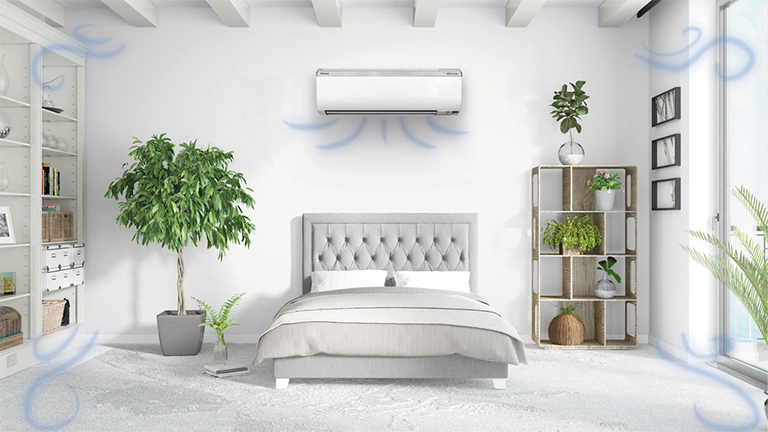
Though the primary job of any kind of air conditioning system is to cool or warm up the air in order to provide optimum comfort to the people living in the room or space, not all air conditioning systems are same. In this post, you will get to know the difference between commercial and residential air conditioning systems. This motive of this post is to choose from the best air conditioner manufacturers for your specific air conditioning requirement.
So, let’s find out the difference between the two.
1. Size
The first and foremost difference between these two types of air conditioning systems is that commercial ACs tend to have bigger size as compared to residential air conditioning systems. In general, a residential AC is designed to cool a max of 1-2 rooms in a home. On the other hand, a commercial AC may be used to cool an entire floor or sometimes an entire building.
2. Complexity
In a similar way, a commercial air conditioning unit is heavily complex from a residential one. Though the basic functioning of both the systems are somewhat similar, commercial counterparts tend to contain complex level of engineering for more reliable and sustainable performance.
3. Equipment
Commercial air conditioning units tend to feature significantly larger and more potent equipment than what residential air conditioning systems have. Compared to a household setting, cooling a business one requires more energy and involves more temperature variations.
4. Installation
The installation complexity of a commercial air conditioning system is far more complex and deeper as compared to a residential AC. Commercial premises that use modular technologies may easily be upgraded as needed. Additionally, it makes fixing an air conditioner lot simpler because you may fix or replace the broken component rather than purchasing a brand-new system.
5. Maintenance
It is no surprising that maintaining a residential air conditioner is less costly than a commercial one. Although you may come across several different designs for residential apartments, they always have a similar arrangement and construction. As a result, HVAC technicians often have minimal trouble switching between makes and models.

